Your cart is currently empty!
Tag: SustainablePractices
With an increasing emphasis on sustainable agriculture, many cannabis growers are adopting organic cultivation methods that benefit both the environment and consumer health. This guide outlines key practices for organic cannabis cultivation, such as enriching soil with compost and mulch, using natural fertilizers like manure and kelp meal, and implementing organic pest control through companion…
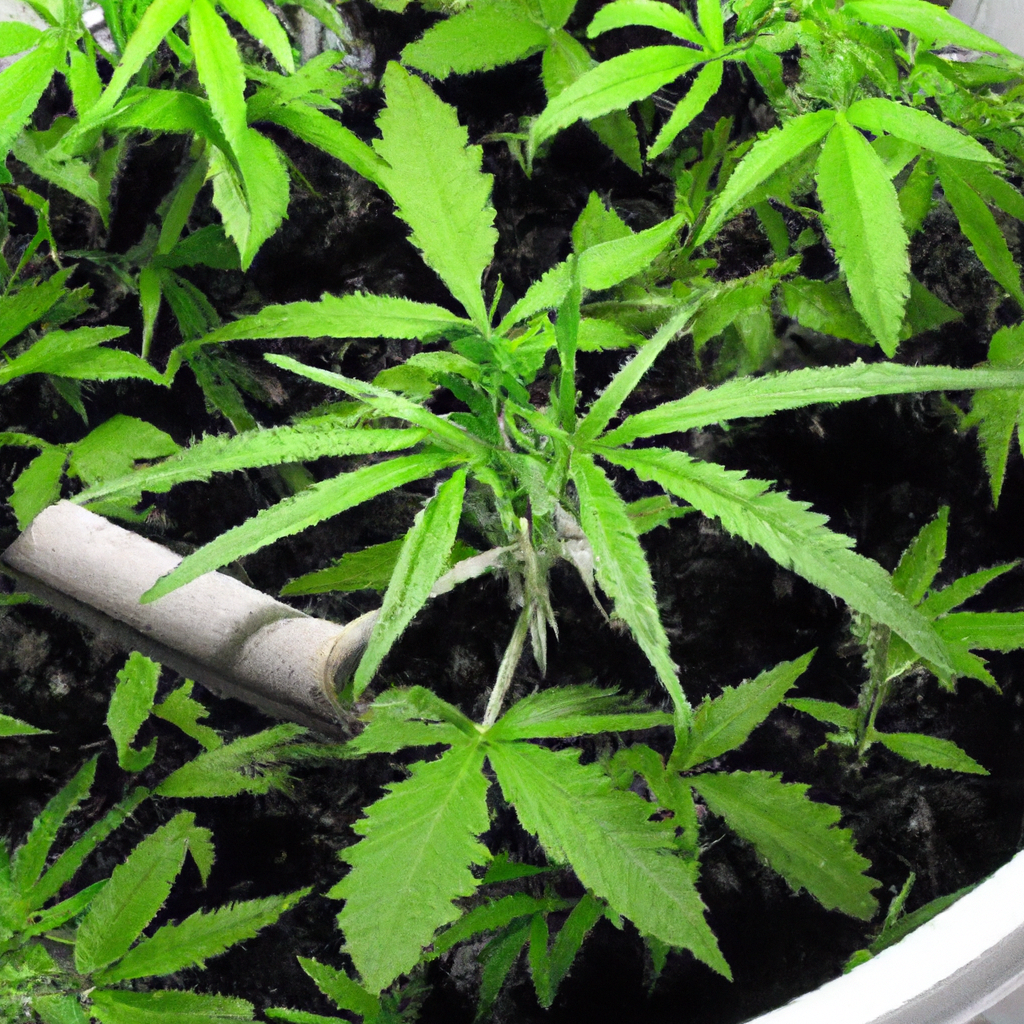
Growing cannabis can be highly rewarding, but pests pose a significant challenge. This guide explores organic pest control methods, such as Integrated Pest Management (IPM) and natural solutions like neem oil, diatomaceous earth, and companion planting, to safeguard your plants. IPM combines various strategies to effectively control pests while minimizing pesticide use, protecting beneficial organisms,…
Cannabis cultivation is expanding globally due to increasing legalization, but it poses significant environmental challenges. Key concerns include high water usage, energy consumption, and soil degradation. To address these issues, growers are adopting sustainable practices such as water conservation techniques, renewable energy use, and soil enrichment methods. The industry is also embracing initiatives like eco-friendly…
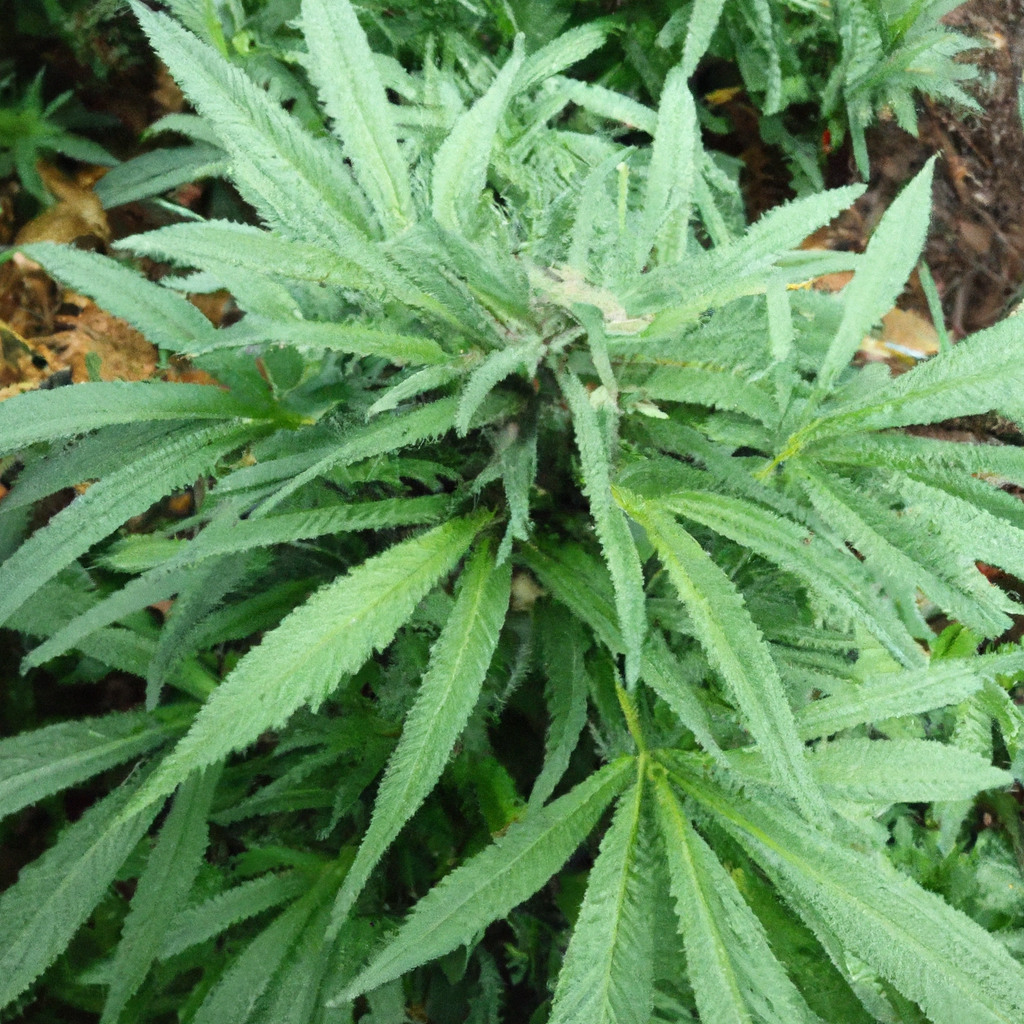
Organic cannabis cultivation is emerging as an essential practice in sustainable agriculture, emphasizing natural growth through healthy ecosystems. Central to this method is nurturing soil ecosystems with beneficial microbes, using compost, cover crops, and mulching techniques. Natural fertilization alternatives like worm castings, fish emulsions, and bone meal replace synthetic fertilizers, enhancing soil richness and plant…
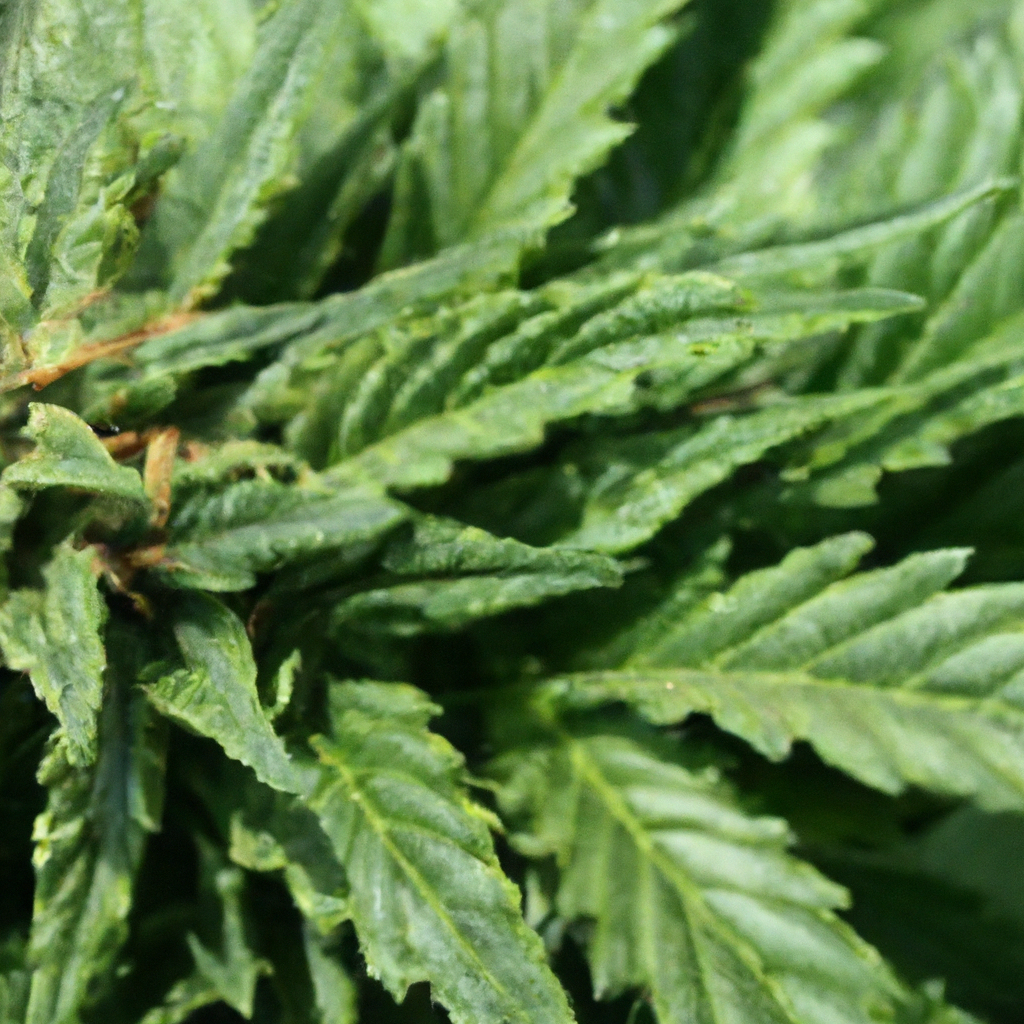
Organic cannabis cultivation is gaining traction among growers focused on environmental impact and healthier consumer products. By utilizing natural fertilizers, composting, and biological pest control, cultivators foster thriving soil ecosystems and produce superior cannabis with enhanced quality and potency. Key practices include enriching the soil with natural materials, implementing biological pest controls, and promoting sustainability…
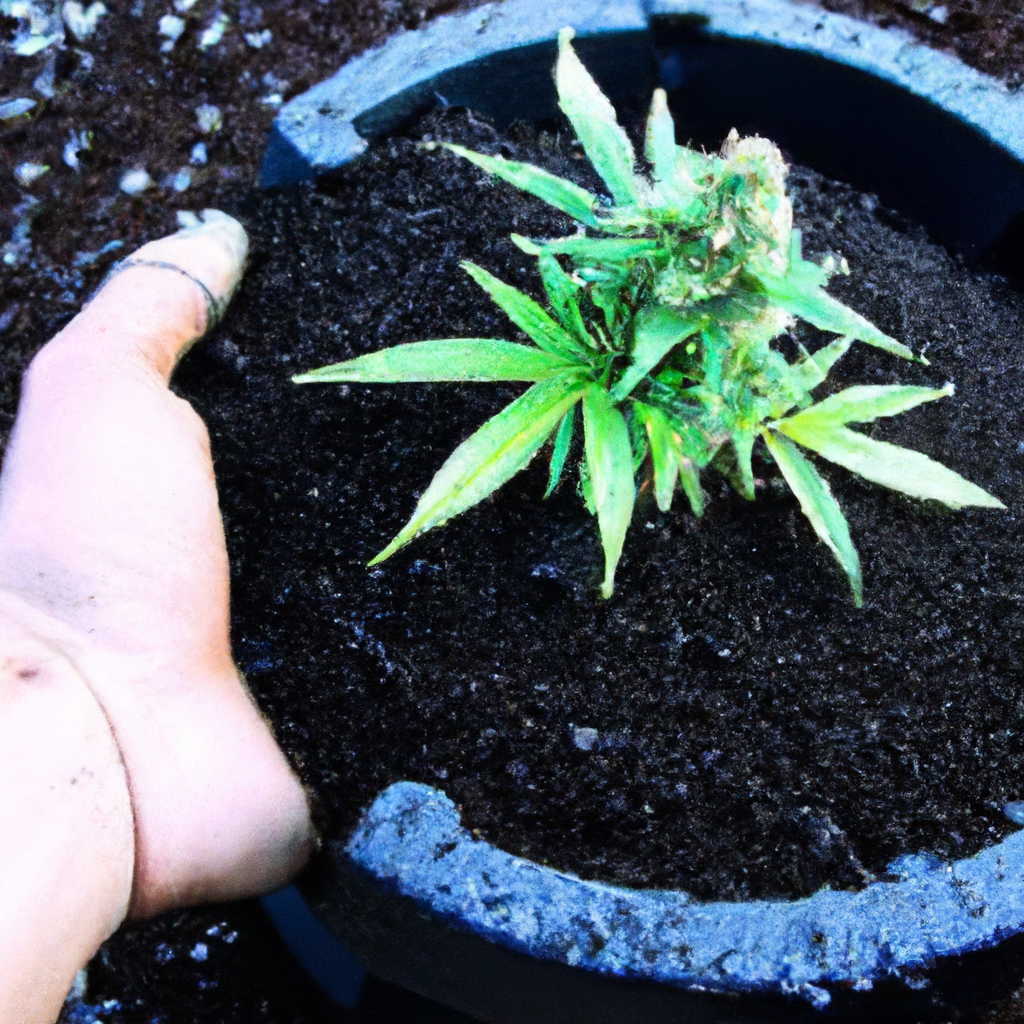
Growing cannabis requires precise attention to various cultivation aspects, with soil aeration being crucial yet often overlooked. Proper soil aeration ensures adequate air exchange between the soil and atmosphere, essential for root health, nutrient absorption, and overall plant vitality. This blog post explores practical techniques, including the use of perlite, vermiculite, organic matter, and aeration…
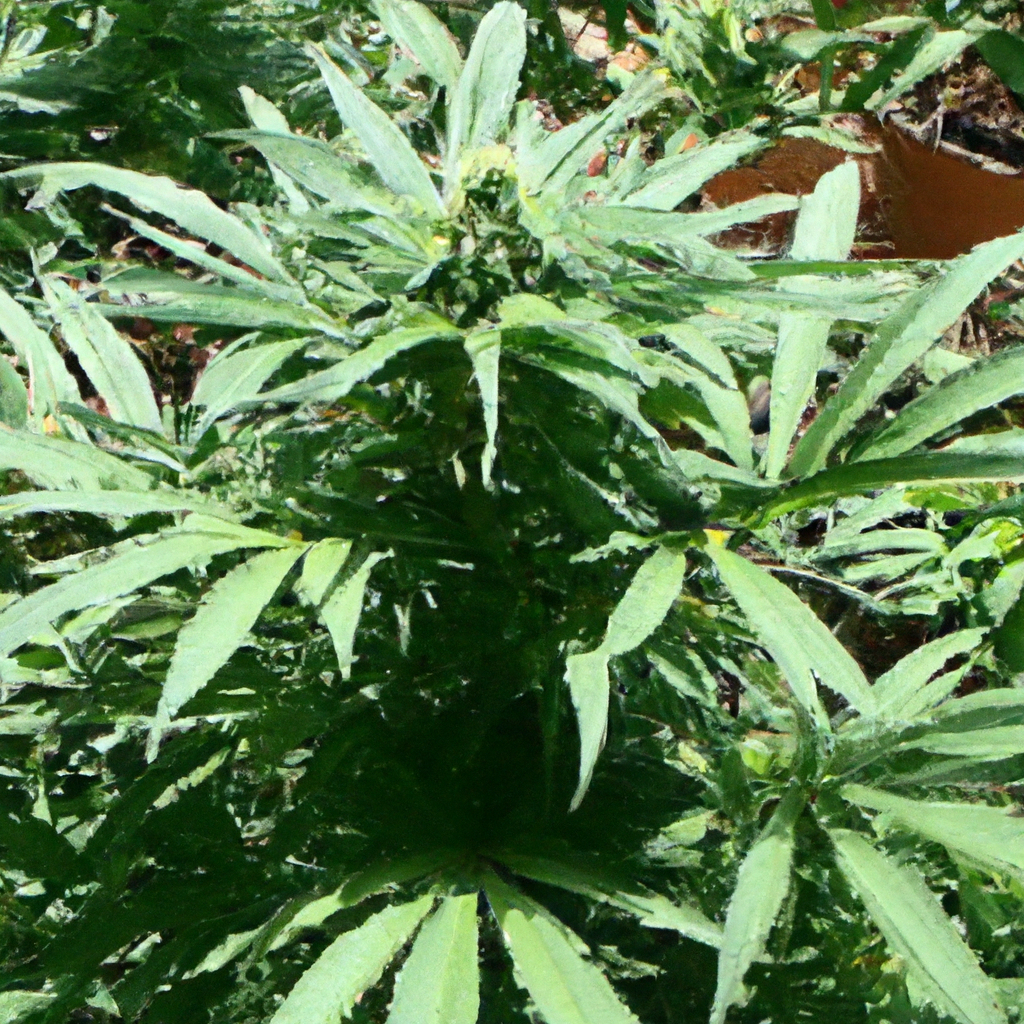
Organic cannabis cultivation is increasingly favored due to its eco-friendly practices and superior plant quality. This method avoids synthetic chemicals, emphasizing natural inputs like compost, organic fertilizers, and sustainable pest control. By building healthy soil ecosystems and utilizing natural pest control methods such as companion planting and neem oil, growers can produce cannabis that is…
As demand for eco-friendly products grows, organic cannabis cultivation, using natural fertilizers, compost, and organic pest management, provides a sustainable alternative. It emphasizes building a healthy soil ecosystem with methods like composting, cover cropping, and mulching. Organic fertilizers such as fish emulsion and bone meal ensure long-term soil health, while natural pest control uses beneficial…
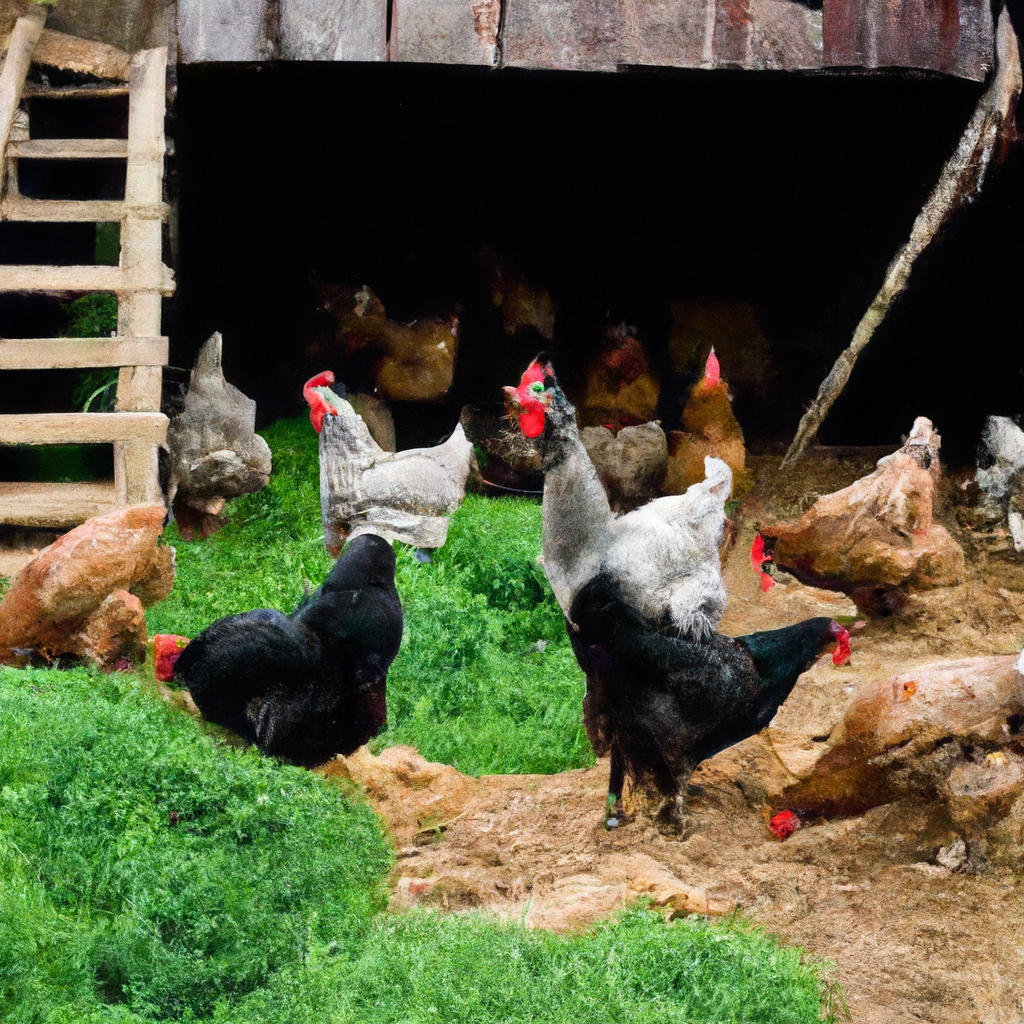
Integrating companion animals into cannabis cultivation offers unique advantages by enhancing growth and deterring pests. Chickens naturally reduce weeds and pests while improving soil through scratching behavior, and goat manure serves as an organic fertilizer. A real-world example from a Northern California farm showed a 40% decrease in pest issues and enhanced plant growth by…
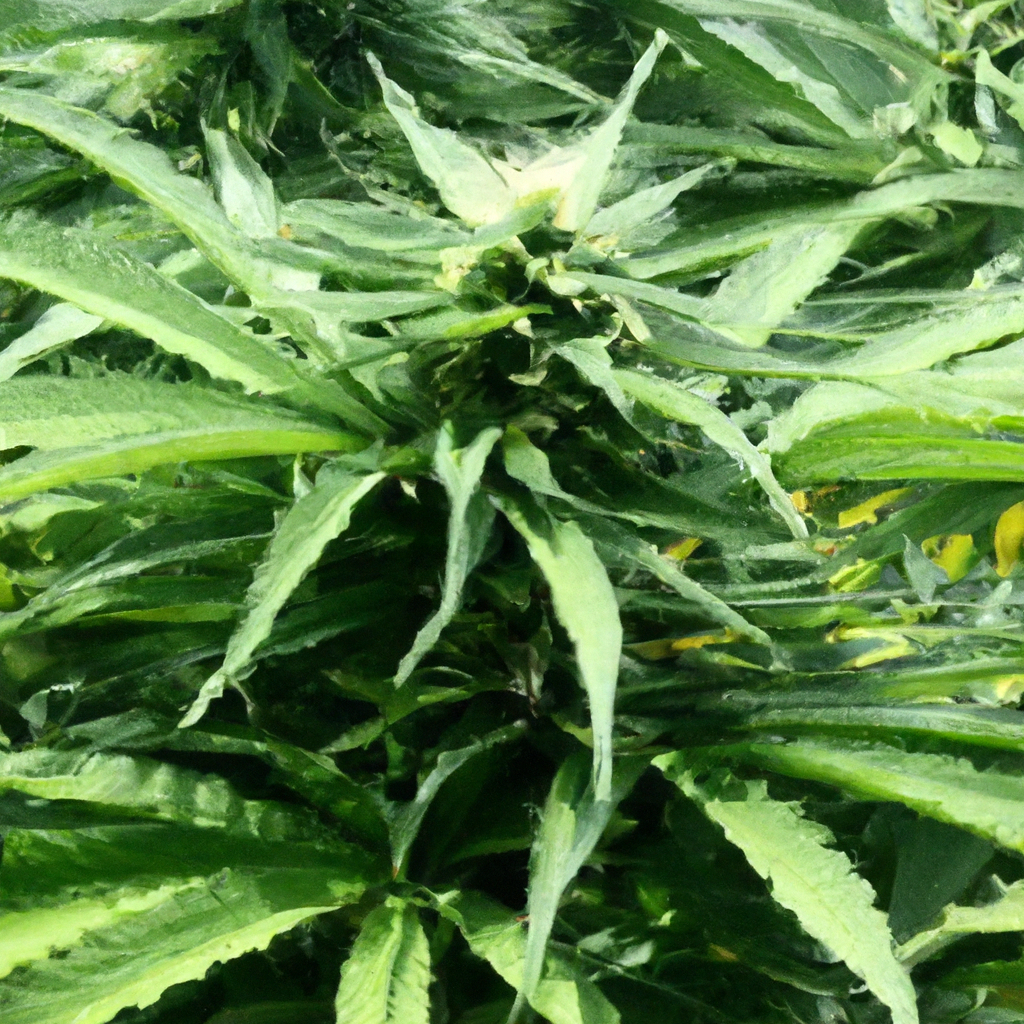
Embracing organic practices in cannabis cultivation benefits the environment and enhances product quality. This approach fosters soil health through compost, cover crops, and mulching, while natural fertilizers like fish emulsion and bone meal boost plant growth. Eco-friendly pest control methods, such as companion planting and beneficial insects, ensure a healthy crop without harmful chemicals. Ultimately,…
